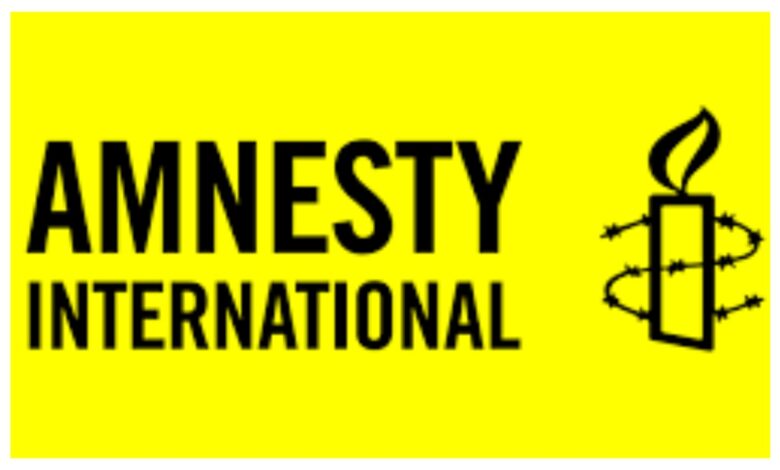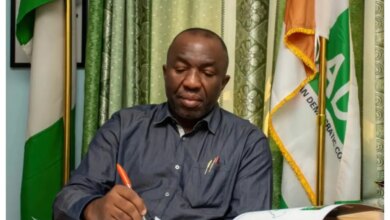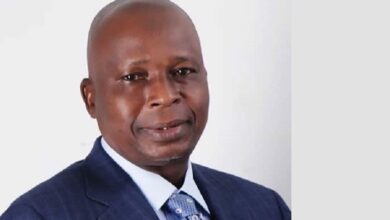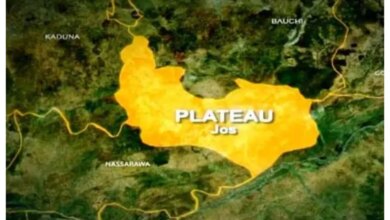Amnesty condemns Nigerian govt six years after Dadiyata’s disappearance

Amnesty International has criticized the Federal Government for what it calls a “deafening silence and shameful inaction” surrounding the disappearance of Abubakar Idris, popularly known as Dadiyata, six years after he was abducted from his home in Kaduna.
Dadiyata was a university lecturer and outspoken government critic, was taken by masked men on August 2, 2019. Since that day, neither he nor his vehicle has been seen.
At a press conference held in Kaduna on Saturday to mark the sixth anniversary of the incident,
Amnesty International’s Country Director, Isa Sanusi, described Dadiyata’s disappearance as emblematic of a deepening culture of repression in Nigeria.
“His family waited that night, hoping he’d walk back in. They waited the next day. Then weeks, months—now six years. We are still asking the same question: Where is Dadiyata?” Sanusi said.
He condemned the government’s failure to protect its citizens, adding, “Even if the government claims it didn’t take him, it failed to protect him. That is a fundamental breach of responsibility.”
Sanusi accused security agencies, particularly the police and the Department of State Services (DSS), of treating the case with negligence and complacency.
“There has been no credible update, no official report, no accountability. Just silence. Shameful silence,” he added.
Amnesty International warned that the circumstances of the abduction bear the hallmarks of an enforced disappearance—often used by authoritarian regimes to silence dissent.
“This isn’t just about Dadiyata. It’s about the message this sends to all Nigerians: speak truth to power, and you could disappear,” Sanusi said.
He urged the federal government to take decisive action by ordering a full and independent investigation into the case, slamming the previous administration under late Muhammadu Buhari for doing nothing meaningful to resolve it.
Speaking at the event, Dadiyata’s brother, Usman Idris, spoke emotionally about the toll the disappearance has taken on their family.
“Our mother died with a broken heart. Our uncle passed from the pain. Our father is barely holding on,” he said.
Usman emphasized that his brother was not a criminal but a patriot.
“Abubakar believed in using his voice, not violence. He believed in change through dialogue and intellect. He paid the price for that belief,” he said, noting that repeated appeals to top government officials have yielded no answers.
Khadija Ahmad Lame, Dadiyata’s wife, tearfully described the pain their children endure.
“They ask me every day, ‘Where is Daddy?’ And I have no answers. Six years of pain. Six years of silence. Six years without closure,” she said.
Amnesty International vowed to keep pressing for justice, not only for Dadiyata but for all Nigerians who have been victims of state abuses, including arbitrary arrests and intimidation of journalists and activists.
“Justice delayed must not be justice denied. Someone must be held accountable. Six years is enough,” Sanusi concluded.





